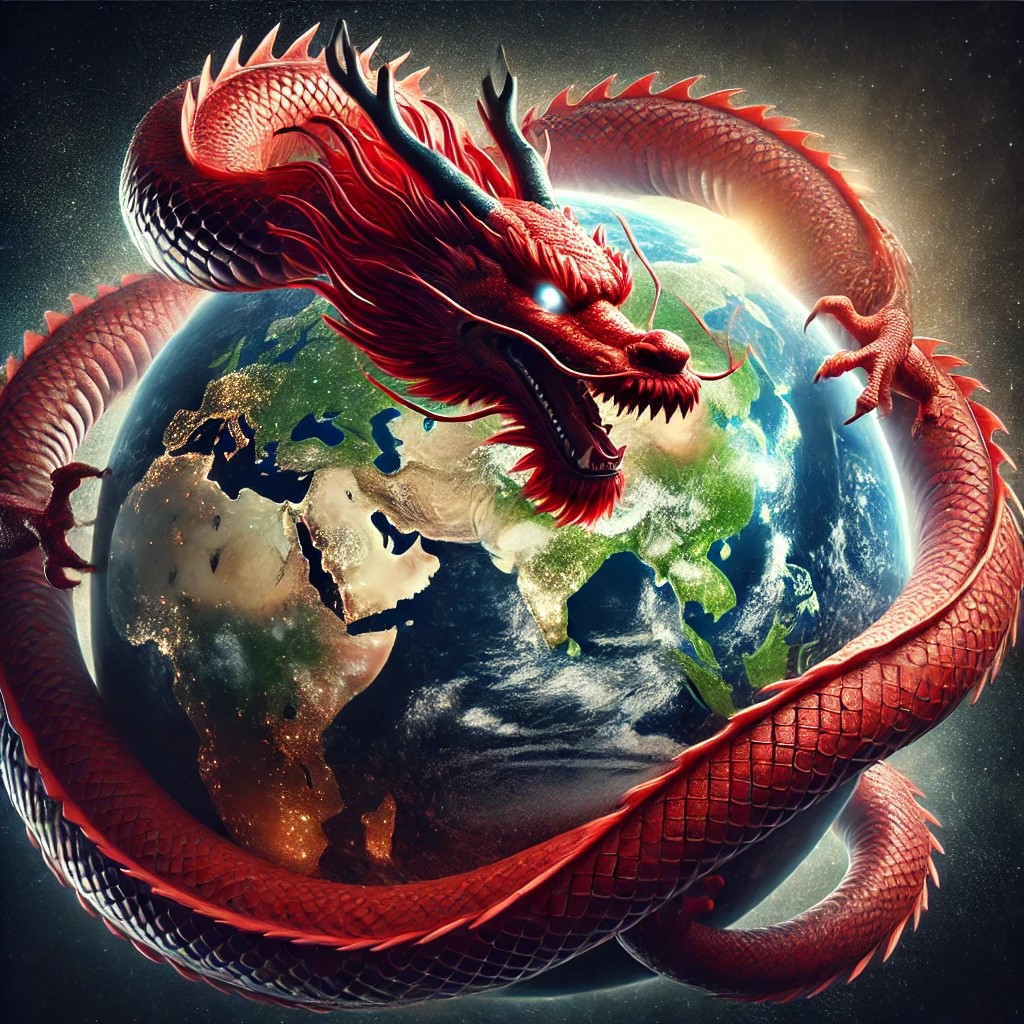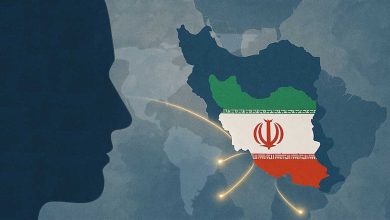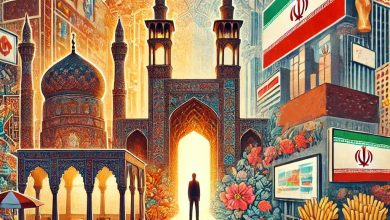China: Dependency and Neo-Colonialism

Over the past few decades, China has experienced astonishing growth in the fields of economy, technology, and military power, positioning itself as one of the key players in the international system. Its economic policies—particularly long-term and comprehensive agreements with various countries—reflect a strategy aimed at gradually making the world economically dependent on China. This dependency is not limited to the economic sphere but extends to technology, energy, infrastructure, and even military domains.
Through the Belt and Road Initiative (BRI) and long-term strategic agreements, China is expanding its influence across Asia, Africa, Europe, and Latin America. By offering large-scale loans to developing countries, implementing infrastructure projects, and investing in key industries, China is slowly entangling these countries’ financial and economic systems with its own. Many of these loans come with conditions that, if not repaid, require the borrowing country to concede strategic assets to China. A prime example is Sri Lanka’s Hambantota Port, which was leased to China for 99 years after Sri Lanka failed to repay its debts.
This model of investment and debt diplomacy—often referred to as “debt trap diplomacy”—resembles economic colonialism. In many cases, debtor nations are forced to hand over their natural resources, ports, or other strategic assets. As a result, China not only gains economic leverage but also boosts its geopolitical power.
Economically, China is closing the gap with the United States, and in some areas—such as trade, industrial production, and technology—it has even surpassed it. However, economic growth alone does not guarantee global dominance. The U.S. still holds significant advantages: it possesses the world’s most powerful military and maintains an extensive network of military bases around the globe. China is rapidly developing its military capabilities, but a considerable gap remains.
In addition, the dominance of the U.S. dollar in the global financial system enables Washington to impose effective economic sanctions and maintain global influence. Although China is attempting to position the yuan as a dollar alternative, it has not yet succeeded at scale. In terms of soft power and cultural influence, the U.S. remains far ahead, thanks to Hollywood, top universities, global media, and the export of the American lifestyle. China still faces limitations in this domain. Nevertheless, China poses a significant threat to U.S. global hegemony, as it continues to erode Washington’s economic and political dominance. While China may not fully overtake the U.S. in the near future, it will undoubtedly shift the balance of power in the international system.
Over the past two decades, China has invested heavily in Africa, playing a prominent role in infrastructure projects, mining, railway construction, and power generation. In return, China has gained access to Africa’s vast natural resources, including oil, copper, cobalt, and uranium. This model of engagement in Africa can be considered a form of neo-colonialism. As debt levels rise in many African countries, their ability to repay Chinese loans is compromised, giving China economic and political leverage. Moreover, despite claims of economic development, many Chinese projects in Africa employ Chinese labor, offering limited job opportunities for locals. In some cases, overexploitation of natural resources has caused serious environmental damage. While China insists its presence fosters infrastructure growth, trade, and economic opportunities, the reality is that many African countries have become economically dependent on Beijing.
Regarding Iran-China relations, Western pressure and U.S. sanctions have drawn the two nations closer. China is one of the few countries that continued trade with Iran after the imposition of sanctions, culminating in a 25-year cooperation agreement. While this pact may bring long-term benefits—such as infrastructure investment, sanctions evasion, and oil exports—it also comes with significant drawbacks. Under sanctions pressure, Iran has been compelled to sell its oil to China at steep discounts—reportedly 30–40% below market value—which could harm Iran’s economy in the long run. Over the years, China has replaced many Western countries in Iran’s economy, though the quality of Chinese imports often falls short of international standards.
Moreover, contrary to Iranian expectations, China has taken a cautious stance in nuclear negotiations and international sanctions, at times even aligning with U.S. policies. For example, China has reduced oil purchases from Iran during certain periods to avoid direct confrontation with the U.S. It has used sanctions as an opportunity to expand its economic influence and extract special concessions. While the relationship offers short-term gains, it also risks creating long-term, one-sided dependency, weakening Iran’s strategic position.
As discussed, China’s strategy of long-term agreements, targeted investments, and economic dependency is designed to expand its global influence. This approach may serve as a future tool for asserting control over other nations. While this path enhances China’s status in the global order, significant challenges remain before it can become the world’s leading superpower.






